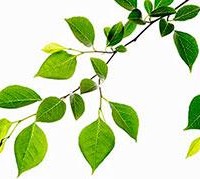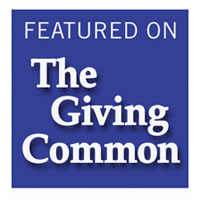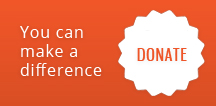 About YWCA Northeastern Massachusetts [formerly YWCA North Shore Rape Crisis Center]
About YWCA Northeastern Massachusetts [formerly YWCA North Shore Rape Crisis Center]
We have provided rape crisis support services to survivors of sexual assault for over 30 years.
YWCA Northeastern Massachusetts [formerly YWCA North Shore Rape Crisis Center] was established in 1981 as Unit of Rape and Sexual Assault [URSA]. In 1984, URSA joined the Massachusetts Coalition of Rape Crisis Services. In 1985, Project RAP was awarded a grant from the Department of Public Health to expand URSA into a comprehensive rape crisis center. In 1988 URSA changed its name to the NSRCC. In 1995, Project RAP and the NSRCC merged with Health and Education Services (HES). HES subsequently merged with CAB Health & Recovery Services and became Northeast Behavioral Health (NBH), a private, nonprofit, behavioral health network that serves communities throughout the North Shore and Merrimack Valley areas. In 2013, the YWCA of Greater Lawrence assumed the contract to run NSRCC as part of our comprehensive sexual violence program offerings. The NSRCC has been a member of the Massachusetts Coalition of Rape Crisis Services since 1984, and of Jane Doe, Inc. since the merger of the Massachusetts Coalition of Rape Crisis Services and the Massachusetts Coalition of Battered Women Service Groups in 1998.
About the YWCA Northeastern Massachusetts [formerly the YWCA of Greater Lawrence]
Our YW is a part of the World YWCA women’s membership movement, and today offers more than 26 programs for under-served community women, children and families in the Greater Lawrence, Haverhill and North Shore areas. Most programs and services are offered free of charge or at nominal fees.
We’ve been an important voice for women, children and families since establishment in 1892, and have emerged as a community leader in women’s issues.
Initially, we offered help to immigrant and young women coming to Lawrence to work in the mills and shops. Largely unskilled, uneducated and often with unsafe housing, we worked to fill these needs by offering secure, safe housing, English classes, library resources, meals, and professional training in such new technology as the typewriter. These services helped these women to feel empowered to help themselves and their families achieve economic independence, and to lead self-sufficient, safe, dignified lives.
In the early 1900s, the YW established a city services bureau in Lawrence to aid families with housing, health, employment and emergency situations. By the mid-1900s, the YW began its work with young people providing safe and enriching child care, after school, summer activities, and athletic programs, thus enabling women to work in industry.
Today, under the leadership of Mary B. O’Brien, Executive Director, we are a vibrant community resource, offering more than 26 mission critical programs surrounding domestic and/or sexual violence, women’s health services, transitional housing, pre, after-school and summer children’s programs, gender-specific programs for girls, as well as health and fitness classes and programs, including a summer day camp, Camp Y-Wood in Salem, NH.
For more information about all the programs and services offered at the YWCA of Greater Lawrence, please click the YWCA of Greater Lawrence link in the upper right corner of the page.
About the World YWCA Organization
The World YWCA is the oldest and largest multicultural women’s organization in the world with a history of working for social and economic change. The organization is unique in that it is guided by human service-oriented programs [Women’s Health Services, Early Learning Centers, Women’s Economic Empowerment programs] rather than physical service programs [gym and aquatic programs]. Founded in 1858 and now headquartered in Washington D.D., the YWCA is a women’s membership movement whose mission is to eliminate racism, empower women and promote peace, justice, freedom and dignity for all.
Historically, the World YWCA has been a leading advocate for women and all people for social justice and human rights issues ranging from education, poverty, health, equal pay and all major issues facing communities with an emphasis on sustainable development.
In the United States, the YWCA represents almost 3 million women, girls and their families, and more than 25 million women world-wide. The YWCA is represented in more than 122 countries and has more than 250 associations in the United States, with 13 in Massachusetts.




